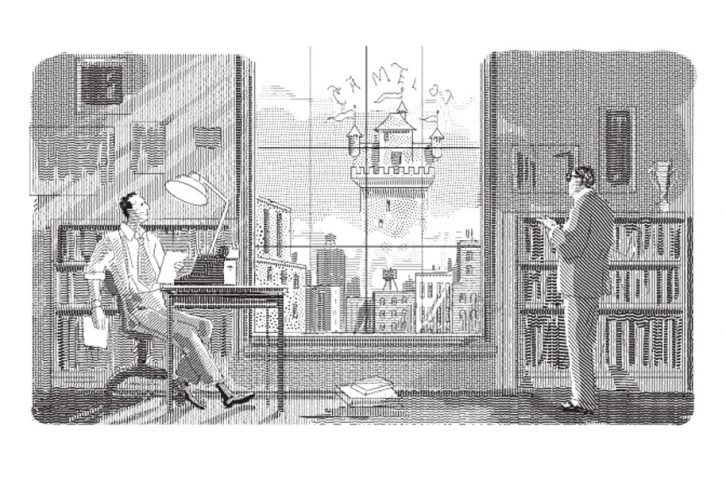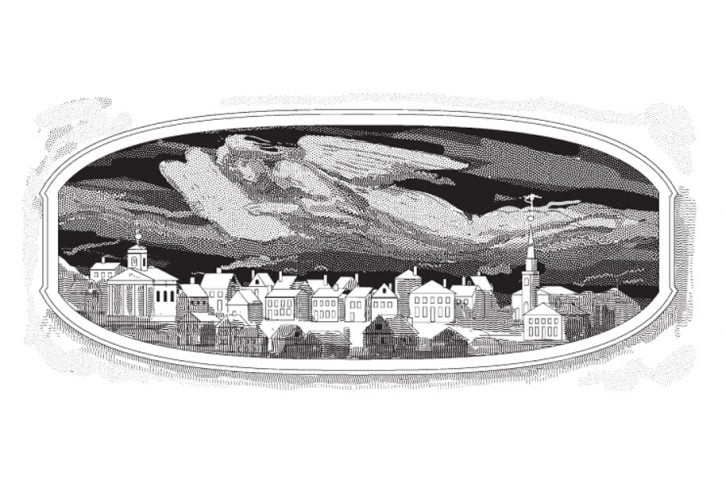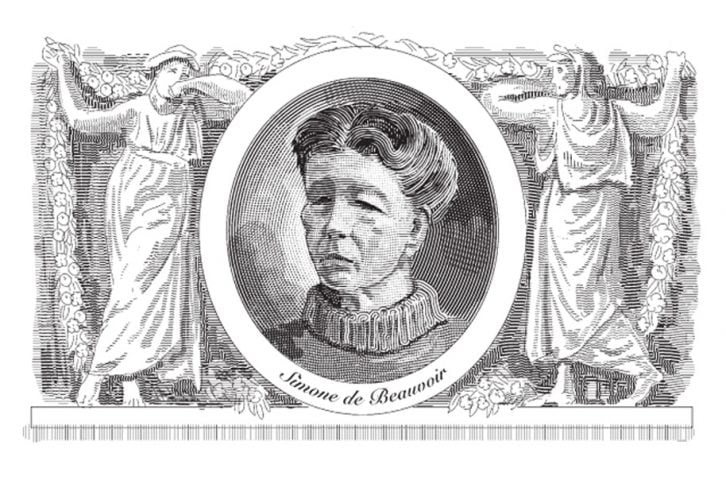Books Reviewed
A review of The Relentless Revolution: A History of Capitalism , by Joyce Appleby.
, by Joyce Appleby.
Joyce Appleby's The Relentless Revolution is not a good book. It is too often thin, confused, even silly. Although she grudgingly concedes capitalism's triumphs, the only thing relentless is her disparagement of it. The volume is thick with clichés, and often dotty with bizarre asides. It never even settles on what capitalism is. African explorers Stanley and Livingstone—and Japanese military operations in World War II—get nearly as much attention as the evolution of banking, insurance, corporations, property rights, and monetary policy.
Now retired after a distinguished career teaching history at San Diego State University and UCLA, Appleby has largely focused in her research on questions of liberalism and republicanism in 18th- and early 19th-century America, England, and France. Her earliest books addressed economic concerns, and in her latest, she competently tells the basic story of the rise of modern market mechanisms in the West. But she lacks a fresh perspective or a sense of the telling detail, rehashing familiar textbook anecdotes like Henry Ford offering Americans any type of car they wanted so long as it was black, and brokers jumping from windows during the 1929 stock market crash. And though a historian should know better than to imbue the near past with more importance than it deserves, Appleby ends her account with more pages of detail than are warranted about the recent housing bubble and economic panic.
Her pronoucements on matters such as wage-rate changes and protectionism often contradict each other. And her footnoting is strange and shoddy. Many important and controversial statements of fact are left unreferenced, or are sourced to such unimpeachable authorities as the New York Times opinion page. (A Paul Krugman column is offered as proof that government spending during the 1940s finally "reached levels high enough to bring the nation out of Depression." What did or didn't end the Depression is a topic of complicated and continuous debate among experts, and certainly cannot be settled by a partisan economists' newspaper op-ed.)
Given the author's insistence that population growth and business interests have kept wages down, readers might be surprised to learn that wage rates for unskilled and production workers doubled or more in the second half of the 19th century. Some of her assertions are simply wrong, like an unfootnoted comment that during the 1990s "most other economies were slowing" outside America, when in fact every area of the globe except Europe and Central Asia had robust GDP growth.
Appleby completely ignores the two most astute 20th-century scholarly exponents of capitalism, Ludwig von Mises and Friedrich Hayek. Instead of blithely assuring readers that busts are a "permanent feature of capitalism," "caused by decentralized decision making from overly confident profit seekers," she should have acknowledged, for example, Hayek's theory of business cycles (for which he won the Nobel Prize in economics). He blamed boom and bust cycles, as well as the length of downturns, on the manipulation of credit and interest rates by government banks. Her frequent complaints about inequality, pollution, poverty, and political graft—which she blames on capitalism rather than on human nature—never consider the question: compared to what?
Appleby does admit, "The distinctive characteristic of capitalism has been its amazing wealth-generating capacities. The power of that wealth transformed traditional societies and continues to enable human societies to do remarkable things." And later, she identifies "the two enduring strengths of capitalism, encouragement of innovation and a capacity to create new wealth along with the real satisfactions that wealth brings to a growing population of recipients." But more often she mutes her praise, lest readers detect anything so unseemly as affection for the entrepreneurial spirit.



